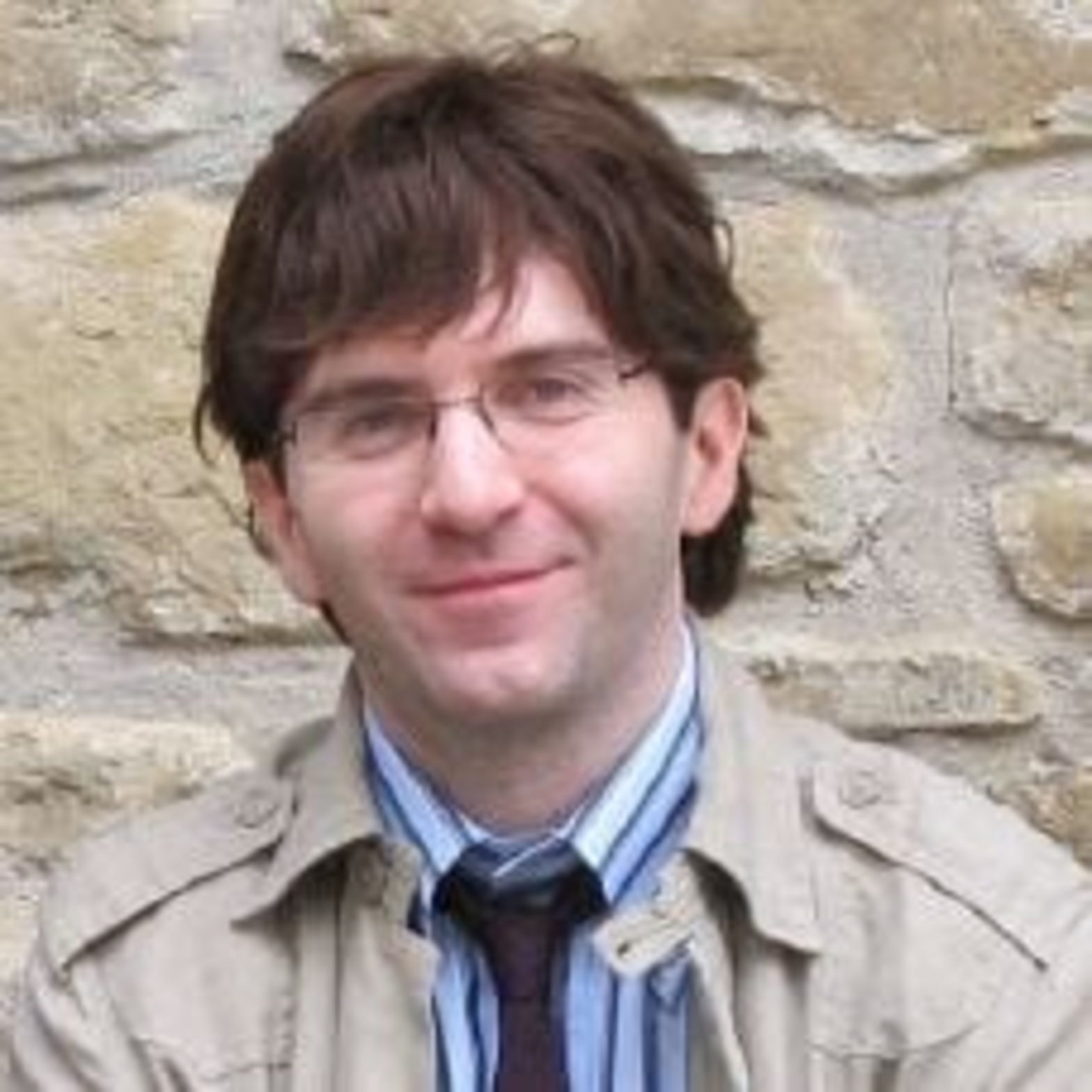In today’s episode, historical linguists and language documentarists Francesco Perono Cacciafoco (Associate Professor at Xi’an Jiaotong-Liverpool University, https://www.xjtlu.edu.cn/en/study/departments/school-of-humanities-and-social-sciences/department-of-applied-linguistics/department-staff/academic-staff/staff/francesco-perono) and Shiyue Wu (Linguistics’ major at Xi’an Jiaotong-Liverpool University) discuss their research on Historical Linguistics and endangered and undocumented languages. Francesco provides us with background on his work reconstructing, documenting, and analyzing place names (toponyms) in languages from all over the world. He explains how place names can give insights into prehistoric languages, since they are more stable over time than other words. His recent book «Place Names: Approaches and Perspectives in Toponymy and Toponomastics», published by the Cambridge University Press (https://www.cambridge.org/core/books/place-names/B6C6CB54DF0896D31CAE470C710D22D1), aims to be a comprehensive guide to toponymic research, the first academic handbook on Toponymy ever published in single volume.
The process of analyzing place names involves documentary research and etymological reconstruction, comparing toponyms among related languages, belonging to the same language families, recovering possible earlier ‘proto-forms’, and giving back to those special names their often long-forgotten morphological roots and original meanings. Challenges include to deal with unsolvable prehistoric / ancient place names and with toponyms connected with ‘itinerant’ and undocumented oral traditions and language contact in Aboriginal contexts.
Shiyue shares how she conducts her Language Documentation fieldwork, interacting with indigenous speakers to understand and record words, names, grammatical elements, concepts, and cognitive processes behind their languages. She is, currently, studying number systems and counting among the Abui, Kula, and Sawila peoples from Alor Island (Southeastern Indonesia), documenting and safeguarding their languages and discovering cultural connections, naming processes, and oral traditions.
The two linguists explain also the use of computational tools in their attempts to better understand and, ultimately, decipher undeciphered ancient writing systems, discovering the languages that they ‘hide’. Their work focuses on Linear A, a Bronze Age script from the island of Crete, in the Aegean Sea, ‘concealing’ the so-called (unknown) Minoan language, and on the writing system of the Singapore Stone, a puzzling, fragmentary epigraph from the Lion City, in Southeastern Asia, which carries a script that is unique in the world (never found in any other inscription).
Shiyue’s and Francesco’s main goals are the reconstruction of prehistoric languages, following the ‘dream’ of ‘giving back the voice’ to our ancient ancestors who had not the technology of writing yet, and to document endangered and undocumented languages and cultures from around the world, to prevent their (often very high) risk of extinction and disappearance and to safeguard them for the future generations.
Overall, the episode provides an insightful look at the linguistic detective work involved in reconstructing, analyzing, and documenting place names, oral traditions, and endangered indigenous languages and, ultimately, at what Historical Linguistics and Language Documentation are. The researchers aim to preserve linguistic diversity and study how language evolves over time and intersects with culture, history, and thought.
Shiyue and Francesco can be contacted at Shiyue.Wu21@student.xjtlu.edu.cn and Francesco.Perono@xjtlu.edu.cn.
Links to some of the commented papers:
https://www.sciencedirect.com/science/article/abs/pii/S0024384116301784
https://www.mdpi.com/2077-1444/9/7/211
https://geografie.uvt.ro/wp-content/uploads/2015/06/08_III_CAC_2.pdf
https://brill.com/view/journals/ow/1/1/article-p1_1.xml?language=en
—
Send in a voice message: https://podcasters.spotify.com/pod/show/horacio-ps/message
